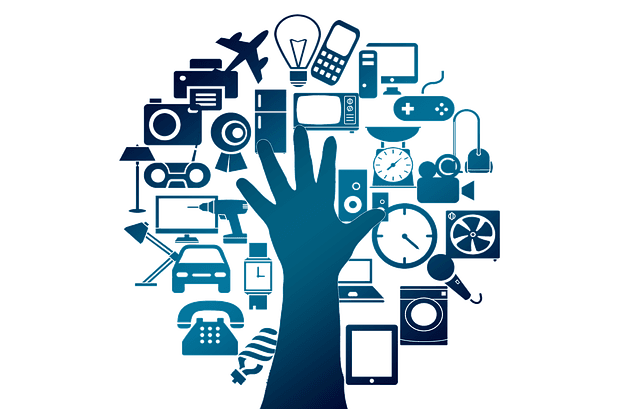But this amount of information should be used to drive conclusions and to transform the digital world.
However, how do businesses tap into the growing expanse of the information available out there in the online market?
The Internet of Things (IoT), big data and artificial intelligence are only three ‘alternatives’ that will assist companies in collecting, accessing and researching this increasingly valuable resource.
Blockchain and IoT
In order to integrate IoT with blockchain, the result should be practical, depending on the case.
It’s projected that by 2022, there’ll be over 50 billion IoT operating devices. And the challenge isn’t the storing the amount of information generated, but security.
“Processing power is an available commodity, but trust and security is something that is limited. There is a need for something that is resilient, tamper resistant and secure,” explained Hugh Simpson, Global Solutions Lead — Data & Analytics, AI, Industry 4.0 — at Ciklum, referring to the potential for blockchain technology.
What is the problem with IoT and blockchain?
“What are you trying to achieve from a business perspective,” asks Simpson? “Once you’ve answered that, it will dictate whether you need to integrate IoT and blockchain.”
The blockchain technology has become like a magic ingredient to any type of business. But let’s not lose our heads, yet. As in any other industry, a company first needs to identify the problem, before picking a technology to solve it. It just can’t work the other way around.
So the question is: How can these 2 technologies work together? The answer lays with assets and business who deal with them.
When talking about a physical business like transportation, road, mining and railroad, or electronic business, such as media or music entertainment material, incorporating IoT and blockchain enhances safety and trust.
Also, by replicating the data on more than one node, the access to that data becomes available to more people. With regulations such as the GDPR, also, the blockchain will help organisations keep control of their information.
The thing to remember is that the blockchain technology isn’t the solution to everything.
Security
It is a fact that the blockchain technology reduces the risk of a break, but an important note, which we have to keep in mind is that no technology will have the ability to guarantee absolute protection.
As Hugh Simpson, from Global Solutions Lead said: “Blockchain improves the audit trail of assets,”. “Take a very simple use case of a pump on a truck in a mine — by decentralising the asset and processing, you’re not relying on a centralised cloud-based solution for asset information and authorised users can see the audit trail of when that pump is maintained, how it’s been used, what it’s been used for. All of that data can better inform your decision-making process,”
The Economy of Things
The effects of blockchain won’t be transformational unless it is integrated with other technology, such as the IoT. As in everything else, it is far better to be a part of a group. Within this network composed of countless gamers, blockchain can build the Economy of Things:
1. Build connected instruments/devices
2. Create sensor networks
3. Collect the data
4. Optimise the assets
5. Finally, progress to the monetisation of these assets
The blockchain comes in handy with this one, building a secure, trustworthy and a traceable economy.

